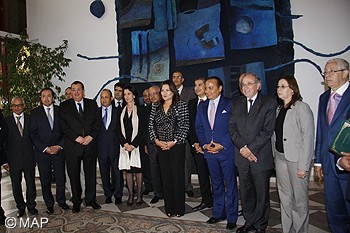
Her Royal Highness began by acknowledging the work and tangible results achieved since the Foundation’s inception in June 2001.
Thanks to its dynamism and the rigor of its management, the Foundation has become a major active player in civil society in the environmental field. Her Royal Highness concluded that this position has been strengthened since the Foundation has been co-opted into the Economic and Social Council.
After noting that all programs implemented by the Foundation have been conducted per the established initially timeline, Her Royal Highness reviewed the 2010 results and future prospects.
Clean Beaches Program.
The success of this program helped to implement the international Blue Flag label. The Clean Beaches Program should evolve into a comprehensive program involving all the beaches that have bathing water quality monitoring, thereby bringing the number of participating beaches from 57 to 127.
This new approach will focus on three areas:
– More sustained support for towns and cities in their resort development and management prerogatives
– Provision of services developed and organized by various ministerial departments such as beach markup, security, first aid, etc.
– Continued support by the business partners for the upgrading of potentially qualifying Blue Flag beaches.
This will also enable the integration of the Clean Beaches program into the broader coastal protection framework, which the Foundation recently initiated with the International Coastal Conference held in October 2010 in Tangier, chaired by Her Royal Highness Princess Lalla Hasnaa.
Green Key program.
The Green Key international eco-label, which the Foundation succeeded to implement beginning in 2007, is part of Morocco’s tourism strategy. Today 40 entities are accredited through an initial pilot project and the pace should accelerate in 2012 in cooperation with the Ministry of Tourism and business operators.
Voluntary Carbon Offset Program.
Launched in April 2009, this program aims to encourage public and private institutions and citizens to reduce and offset their CO2 emissions.
8 institutions have joined to date (CDG, ONE, ONEP, OCP, ONA Foundation, Banque Centrale Populaire, Oriental Agency, and Samir).
These memberships have helped to launch the equipping of solar panels in 37 rural schools and the planting of 890 date palms in the Marrakech palm grove. Equipped schools are located in the provinces of Ouarzazate, Khenifra, Errachidia, Guelmim and Marrakech. The program will be extended to eventually cover the different regions of the Kingdom in function with the commitment of additional businesses.
Also, in order to establish this program on a basis recognized at international level, a cooperation agreement with the French Environment and Energy Management Agency (ADEME) is being finalized. This cooperation will include the training of 2 experts from the Foundation on a tool for measuring carbon and the adaptation of this tool to Morocco’s context. This adapted, tested and validated carbon footprint tool will become an important instrument for the Foundation to raise awareness on climate change issues.
Air Quality Program
Launched in January 2002, the initial program objectives have been accomplished: introduction of the 50 ppm diesel, establishment of a network of stations measuring air quality and the launching of an eco-epidemiological study in partnership with Department of Public Health.
A conference day is planned for June during which the transfer will be made to government agencies concerned in the management of the installed air quality monitoring network and its expansion.
Palm Grove Safeguarding and Development Program
To date 400,000 plantations were performed out of the 430,000 originally planned.
Local authorities are implementing a special mounted guard to ensure sustainable operations. Bicycle and pedestrian paths are being developed and a plastic bag collection project in the palm grove and along the city entry is also planned.
Eco Schools Program
This program has established its stride since the signing of the agreement between the Foundation and the Ministry of Education (MEN) in April 2010, and aims to involve 690 eco-schools by 2013.
On this occasion, Her Royal Highness congratulated the Foundation teams for having intelligently adapted awareness modules to the regional implementation of Eco-Schools. Consequently, the Foundation is now increasingly asked to provide overall coordination and implement its educational programs in major projects like Marchica and the Intercontinental Biosphere Reserve of the Mediterranean.
Flowering Cities program
The first phase of this program, which focuses primarily on the rehabilitation of historic gardens, is coming to an end with the imminent reopening of the Ermitage gardens in Casablanca.
The success of this phase has enabled the launching of a major environmental education program through “learning paths,” of which the pilot project was installed at the Exotic Bouknadel Gardens near Salé.
The principle of these learning paths is to inform and educate visitors and especially children through a number of educational games. This program, once tested in the Exotic Gardens, will be generalized throughout the gardens renovated by the Foundation.


21 may 2024 : Her Royal Highness Princess Lalla Hasnaa Inaugurates the Historic Lahboul Park in Meknès

Dubai – 08 December 2023 : HRH Princess Lalla Hasnaa Takes Part in Dubai in First Annual High-level Meeting of ‘Greening Education Partnership’
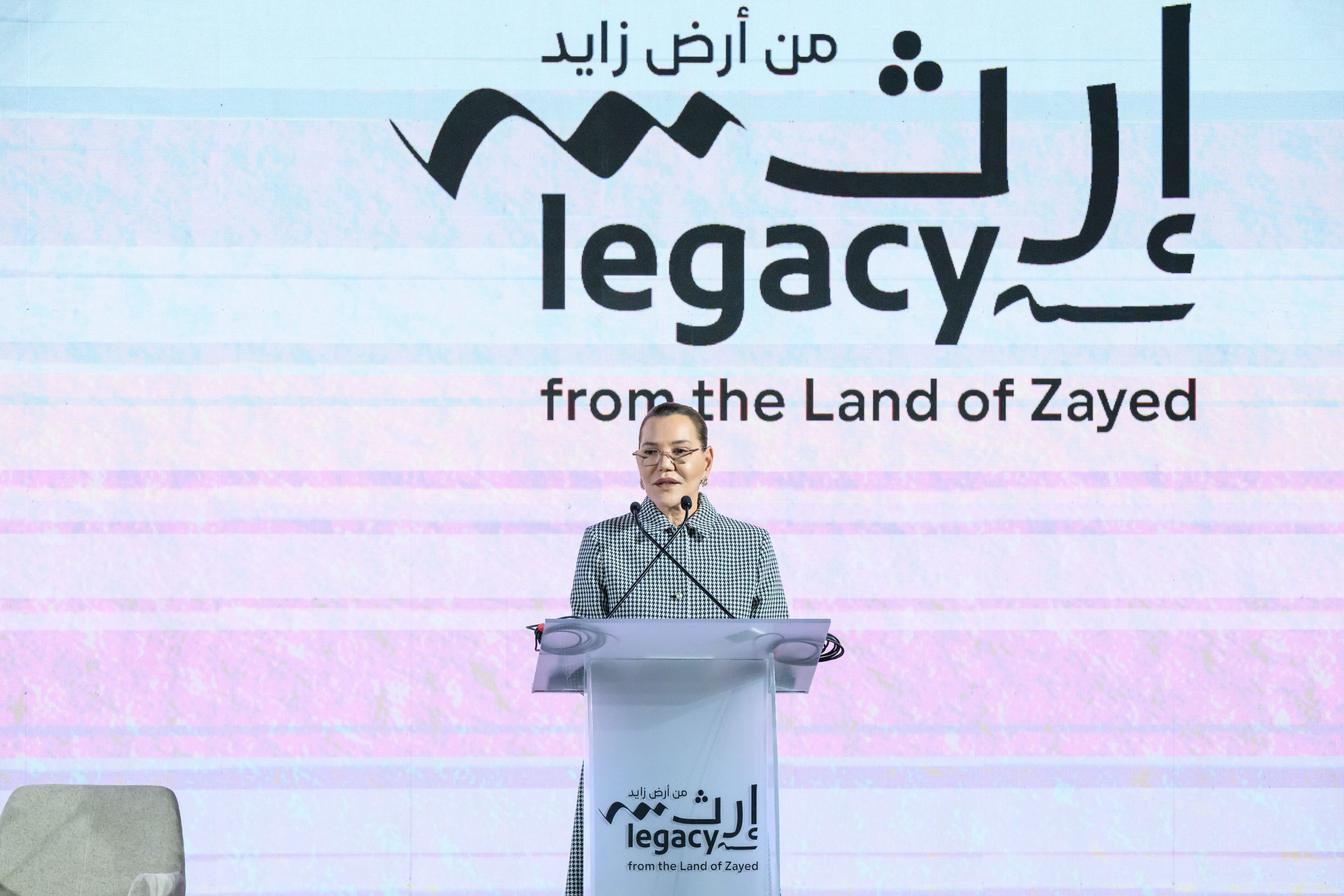
Dubai – 08 December 2023 : HRH Princess Lalla Hasnaa Stresses Importance of Investing in Education to Shape Youth into Active Citizens in Planet Protection
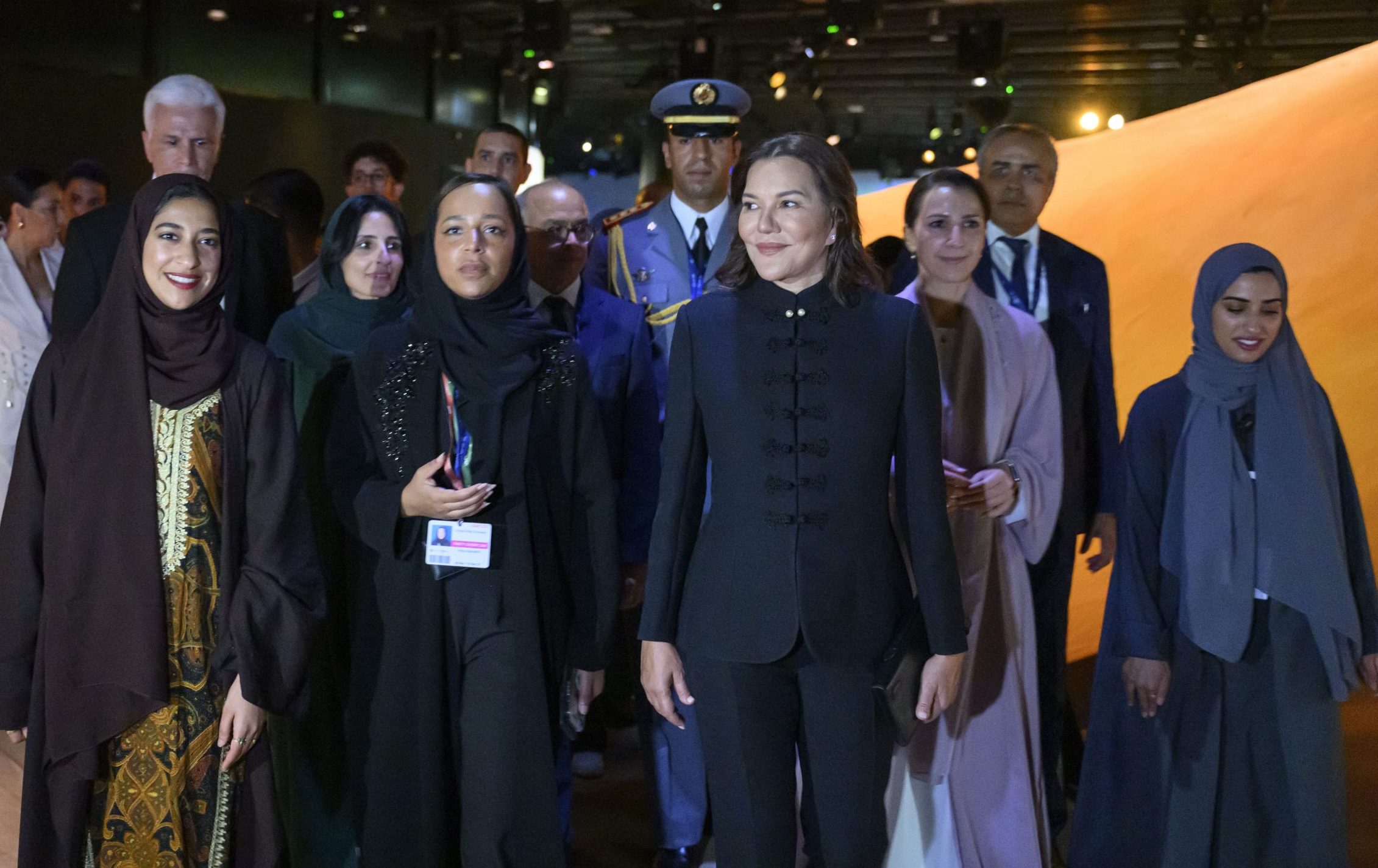
COP28: HRH Princess Lalla Hasnaa Visits UAE House of Sustainability Pavilion, Morocco Pavilion
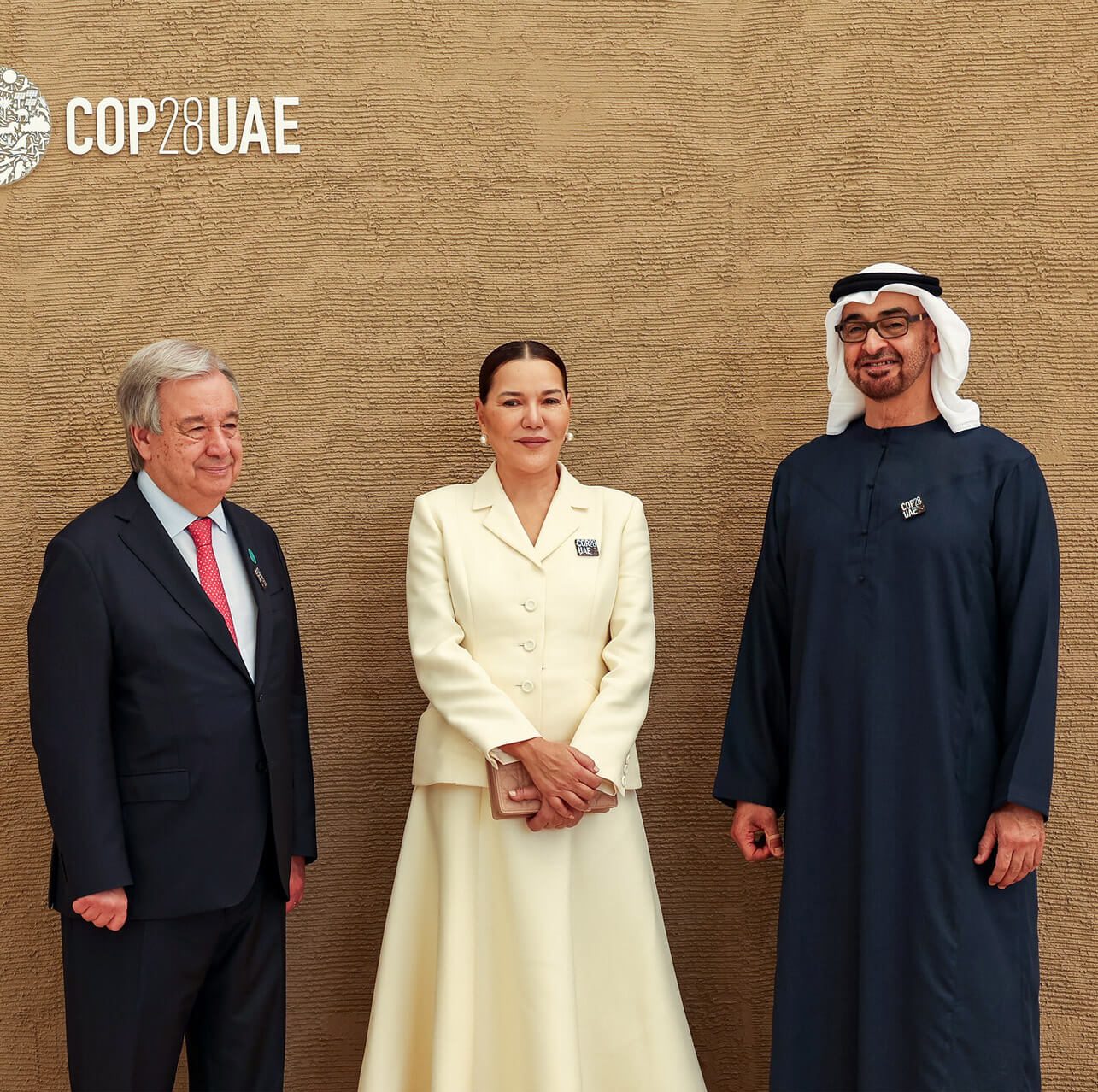
Dubai – December 01, 2023 : COP28: HRH Princess Lalla Hasnaa Represents HM the King at World Climate Action Summit in Dubai
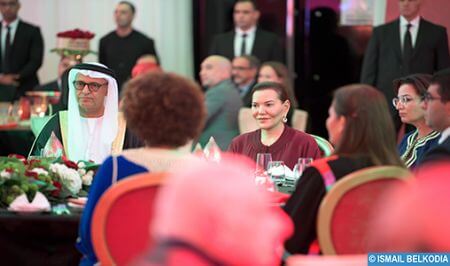
Rabat – 15 November 2023 : HRH Princess Lalla Hasnaa Chairs Annual Diplomatic Charity Gala Dinner in Rabat
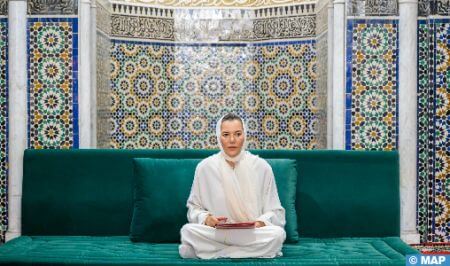
Rabat – 25 October 2023 : HRH Princess Lalla Hasnaa Chairs Religious Evening in Memory of Late King Hassan II
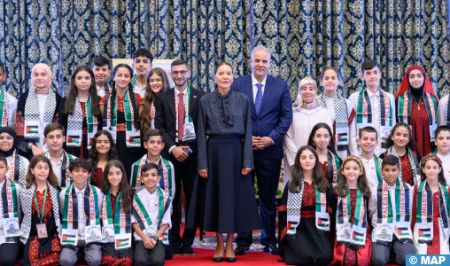
Rabat – August 26th, 2023 : HRH Princess Lalla Hasnaa Receives Al-Quds Children Taking Part in 14th Summer Camps of Bayt Mal Al-Quds Agency





